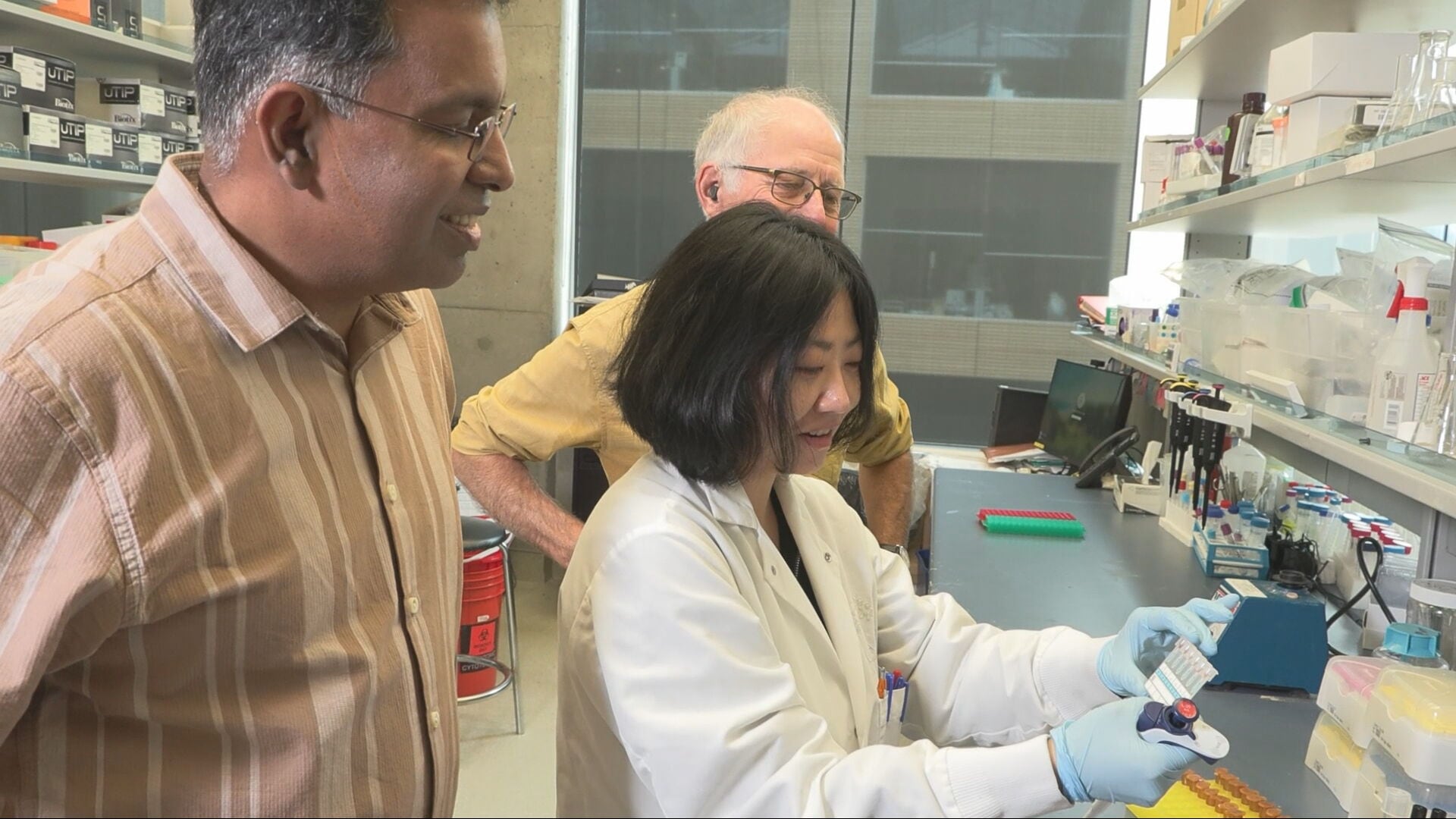Science
UBC’s Enzyme Technology Achieves Breakthrough in Transplant Trials

A pioneering enzyme technology developed at the University of British Columbia (UBC) has successfully completed its first human trial, marking a significant milestone in the field of organ transplantation. This groundbreaking advancement could potentially benefit thousands of transplant patients across North America, offering a new avenue for those awaiting vital organ transplants.
Trial Results and Implications
The human trial, which commenced in early 2024, aimed to assess the safety and efficacy of this innovative enzyme technology in enhancing organ compatibility. Researchers at UBC reported that the results were promising, indicating that the technology successfully reduces the risk of organ rejection, a common complication faced by transplant recipients.
According to the lead investigator, Dr. Emily Chen, Associate Professor at UBC’s Faculty of Medicine, the enzyme technology works by modifying the surface of donor organs, making them more compatible with the recipient’s immune system. “This could revolutionize the way we approach organ transplants,” Dr. Chen stated. “It opens up possibilities for universal organ transplants, where compatibility is no longer a barrier.”
The trial included a diverse group of participants, with over 100 individuals involved in the initial phase. The outcomes suggest that the technology is not only safe but also effective in minimizing adverse reactions. This is a critical development given the increasing demand for organ transplants, which often outpaces the availability of suitable donors.
Next Steps and Regulatory Approval
As the trial progresses, researchers are preparing to submit their findings to Health Canada for further evaluation and potential regulatory approval. If successful, this enzyme technology could enter the market within the next few years, providing a viable option for patients with limited transplant choices.
The implications of this technology extend beyond individual patients. It could significantly alleviate the pressure on transplant waiting lists, which currently number in the thousands across Canada and the United States. In 2022 alone, over 40,000 organ transplants were performed in the U.S., yet thousands of patients remain on waiting lists, highlighting the urgent need for innovative solutions.
UBC’s research team is optimistic about the future. They plan to conduct larger trials to further validate the initial findings and explore the technology’s application across various organ types, including kidneys, livers, and hearts. The goal is to expand the scope of organ transplants, making them accessible to a broader range of patients.
This breakthrough not only represents a significant advance in medical science but also addresses a pressing public health issue. As researchers continue their work, the hope is that this enzyme technology will pave the way for a new era in organ transplantation, ultimately saving countless lives.
-

 World3 months ago
World3 months agoScientists Unearth Ancient Antarctic Ice to Unlock Climate Secrets
-

 Entertainment3 months ago
Entertainment3 months agoTrump and McCormick to Announce $70 Billion Energy Investments
-

 Science3 months ago
Science3 months agoFour Astronauts Return to Earth After International Space Station Mission
-

 Lifestyle3 months ago
Lifestyle3 months agoTransLink Launches Food Truck Program to Boost Revenue in Vancouver
-

 Technology2 months ago
Technology2 months agoApple Notes Enhances Functionality with Markdown Support in macOS 26
-

 Top Stories1 week ago
Top Stories1 week agoUrgent Update: Fatal Crash on Highway 99 Claims Life of Pitt Meadows Man
-

 Sports3 months ago
Sports3 months agoSearch Underway for Missing Hunter Amid Hokkaido Bear Emergency
-

 Politics2 months ago
Politics2 months agoUkrainian Tennis Star Elina Svitolina Faces Death Threats Online
-

 Technology3 months ago
Technology3 months agoFrosthaven Launches Early Access on July 31, 2025
-

 Politics3 months ago
Politics3 months agoCarney Engages First Nations Leaders at Development Law Summit
-

 Entertainment3 months ago
Entertainment3 months agoCalgary Theatre Troupe Revives Magic at Winnipeg Fringe Festival
-

 Politics1 week ago
Politics1 week agoShutdown Reflects Democratic Struggles Amid Economic Concerns




















